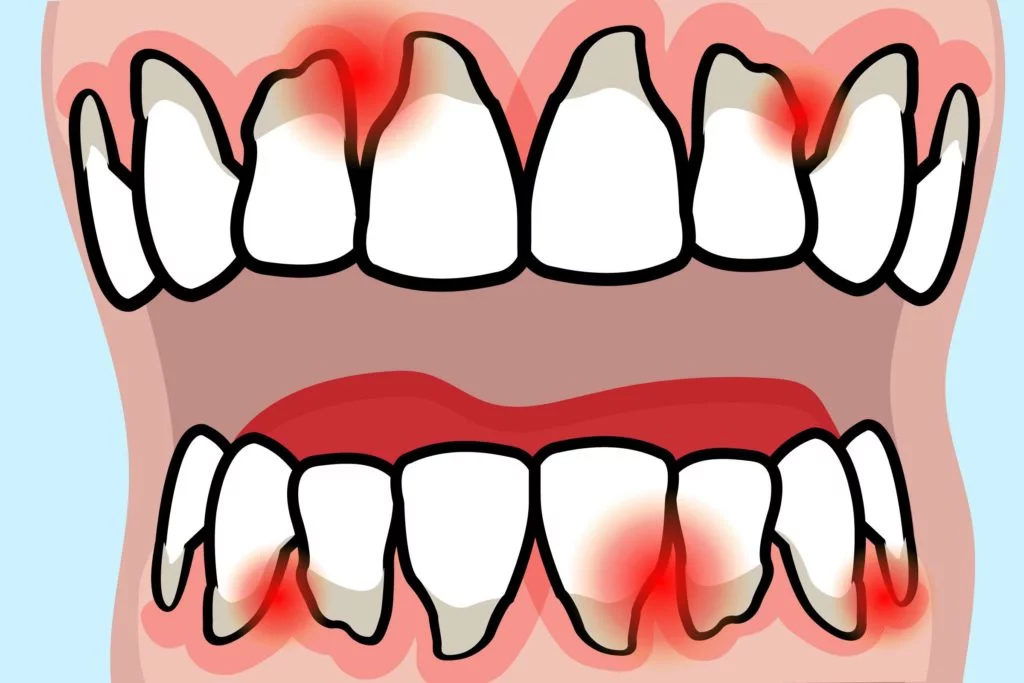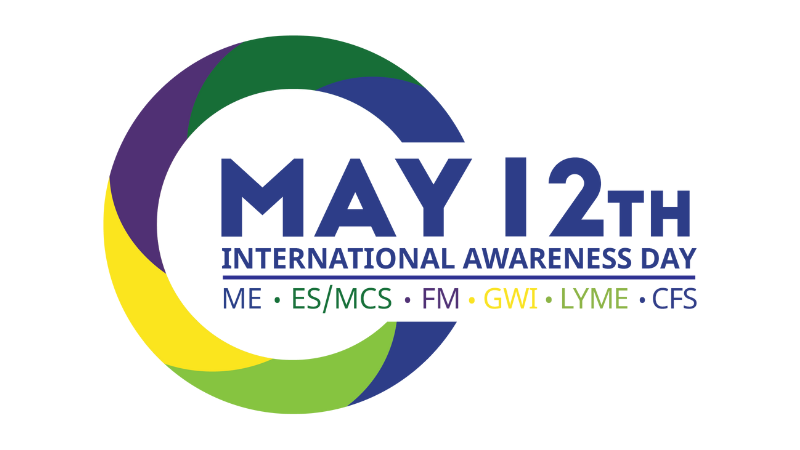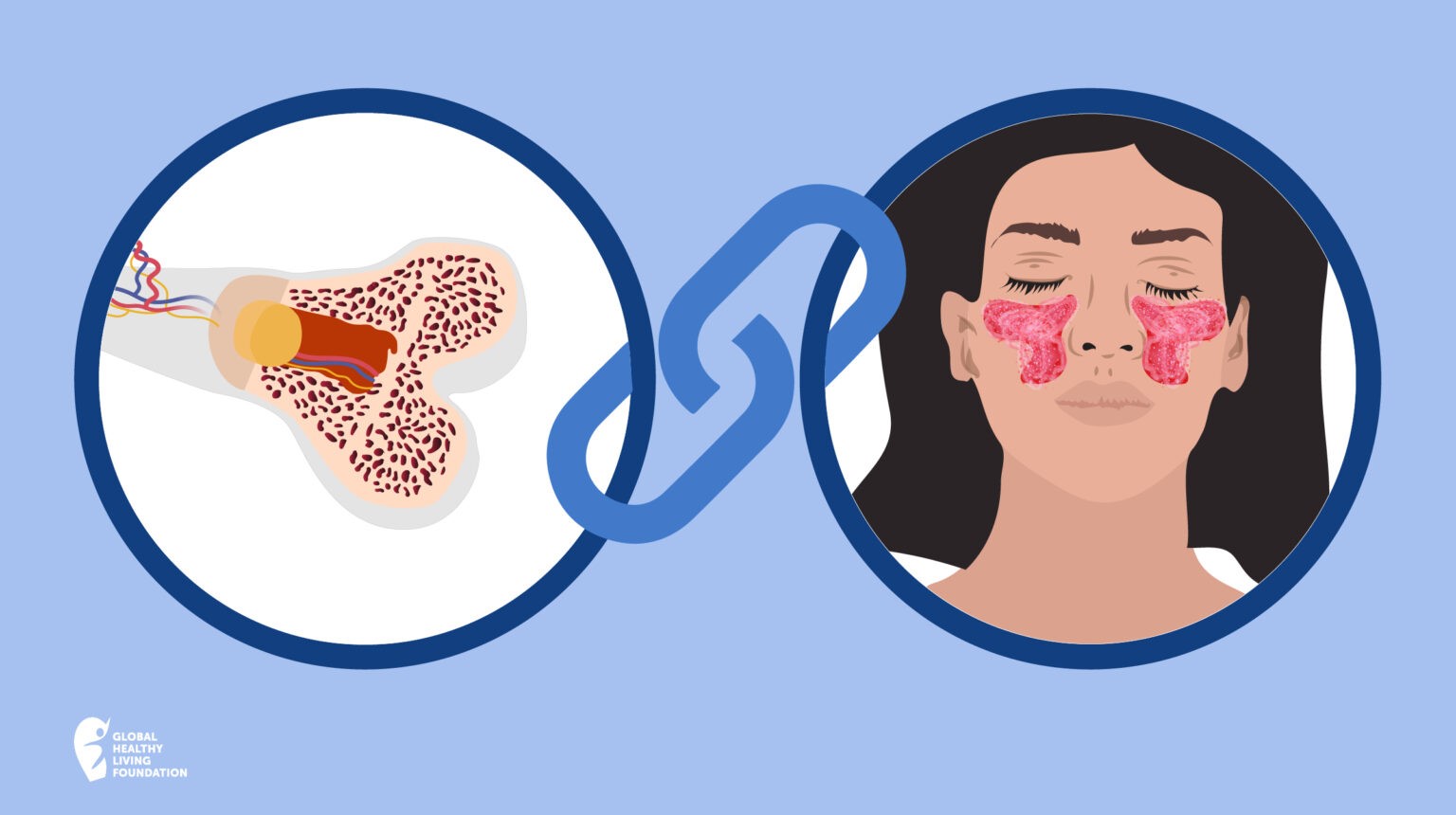

August 6-11 is the Australian Dental Association’s Dental Health Week. If you have arthritis or osteoporosis, it is important to be aware of the various oral health risk factors that may be connected with your condition or medications. Checking and cleaning your teeth and gums regularly can go a long way toward preventing potential problems or addressing them early if they occur.
Arthritic conditions with known oral health risks include osteoporosis, osteoarthritis (OA), rheumatoid arthritis (RA) and psoriatic arthritis (PsA) among others.
Osteoporosis occurs when the process of bone cell renewal slows down and leaves the bones abnormally porous and fragile. It can be a result of aging or triggered by certain medications (such as the long-term use of prednisolone). Osteoporosis can affect the jaw bone and can cause jaw fractures, loose or detached teeth or ill-fitting dentures.
The temporomandibular joint (TMJ) connects the jawbone to the skull on both sides of the face. It can be affected by osteoporosis, osteoarthritis (wear and tear arthritis) and inflammatory arthritis, such as RA and PsA. TMJ disorders and the resulting jaw pain can make eating, talking and swallowing difficult.
Some forms of inflammatory arthritis are also associated with an increased risk of other oral health issues, such as dry mouth and Sjogren’s syndrome — an autoimmune condition that causes a severe lack of saliva and tear secretion along with other symptoms. Poor saliva flow can lead to increased tooth decay and difficulties and discomfort when eating and talking.
Oral infections
If you are on any form of disease modifying antirheumatic drug (DMARD), including methotrexate, JAK inhibitors or biologics/biosimilars, you have an increased risk of infection. This is because DMARDs act by suppressing the immune system to lower your disease activity. Oral infections are common and can vary from mild to severe.
Infections to watch out for include:
- Mouth ulcers
- Cold sores
- Oral thrush
- Periodontitis
Periodontitis is a serious type of gum infection resulting in swollen, bleeding and tender gums. If left untreated, it can cause tooth loss and bone damage in the jaw bone. It can be treated by your dentist, who may also prescribe antibiotics to control the infection.
What can you do to help prevent oral health issues?
- Thoroughly clean your teeth everyday, including flossing, and check the condition of your gums and tongue
- Eat foods that help boost your bone density
- Have regular dental check-ups
- Tell your dentist if you have osteoporosis or arthritis and give them a full list of the treatments and supplements you use
Early detection can often ensure that potential issues are avoided or treated promptly before they get worse. If you experience any sort of oral discomfort or notice anything in your mouth that doesn’t look right, see your dentist as soon as possible.
Helpful Resources
Australian Dental Association: Dental Health Week
Australian Dental Association: Find a Dentist




